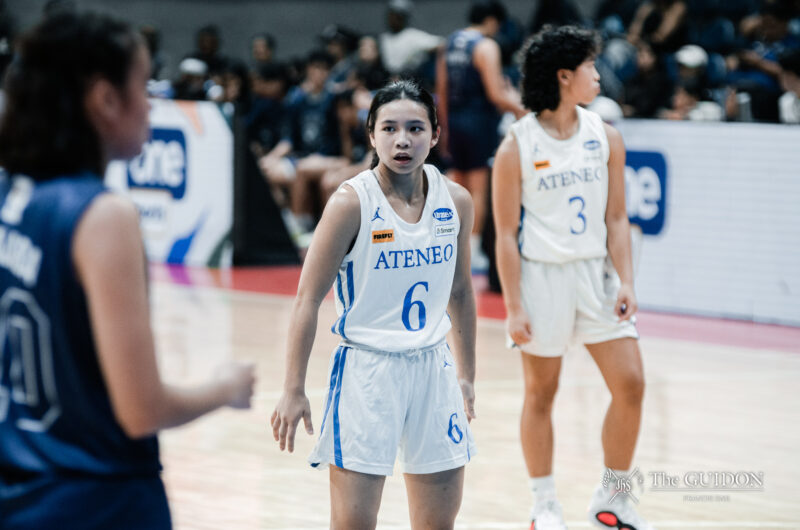Allons-y!
The topic of plastic surgery is a divisive one—so divisive, in fact, that Filipinos seem to grow split personalities in terms of our reactions to it.
On one hand, we don’t complain when celebrities thank their cosmetic surgeons on television, nor do we seem to have a problem with the billboards declaring “Belo knows best” or “Get Belofied this 2012.” Yet in the next breath, we think less of those who have been under the knife, calling them “fake.”
This extends to the other “P.S.” of alterations, as well: Jinkee Pacquiao and Charice Pempengco were recently criticized for their visibly photoshopped magazine covers. It’s a strange world we live in. We hold ourselves to ideals which cannot be attained in reality and yet excoriate those who get caught in the act of faking it.
But let’s dissect that. If we’re only comfortable with alterations we don’t notice, doesn’t it mean that on some level, we are uncomfortable with the act itself?
It’s a difficult subject. Personally, I’ve decided never to get surgery, but I’d be lying if I said I was never tempted. During my internship, I was made to research plastic surgery procedures available in the Philippines and I was surprised at how quickly I began considering how I would look if I had smaller cheeks or if my waist was smaller.
But then I looked up the side effects of the procedures and learned that one’s body can reject implanted material. Then I watched YouTube videos of fat being bloodily yanked out of crevices and noses cut up and turned inside out. Then, I realized: this is kind of gross.
Beyond the bloodiness, though, what speaks of coercion is the all-consuming concept of an ideal set of features. To some extent, such ideals have always existed: Sparta prized physical might, our Spanish colonizers valued fair skin and Victorian girls squeezed themselves into corsets.
In the Philippines, as with many Asian countries, the prevalent idea of beauty goes against genetics itself. The website of Shimmian Surgicenter in San Juan contrasts the “bulbous Asian nose” with the “corrected” and “ideal Western nose”; others cite monolids and full cheeks as “problems” common to Asians.
To some extent, there’s nothing wrong with doing things that make us feel confident about the way we look and many ideals hold practical and hygienic value. Wash your hair. Wear deodorant. Brush your teeth. However, it’s bothersome that the desire for outward perfection can be taken to the extreme that some people become unrecognizable, having eradicated the things that made them unique. Prettier? Arguably. Better? Not necessarily.
If the Belos and Calayans of the world had their way, we’d all look the same—and their pockets would be very fat. But if there’s anything I’ve learned from sci-fi novels like Brave New World, it’s that humanity is given color by its quirks and made beautiful by its imperfections. (For the record, I think monolids are cute.)
At the end of the day, standards are just that: abstractions. We all have our insecurities, but we also have a choice: do we succumb to them or defy them?
That is the question.







